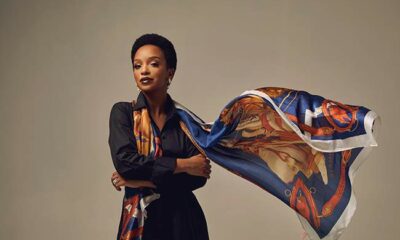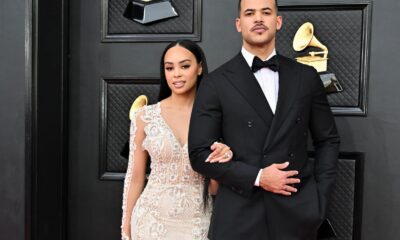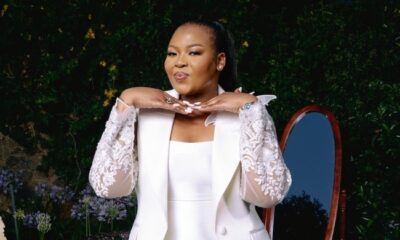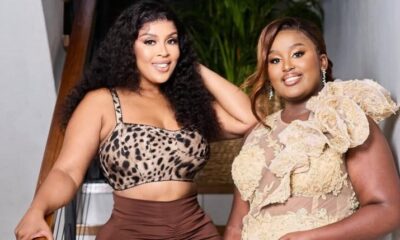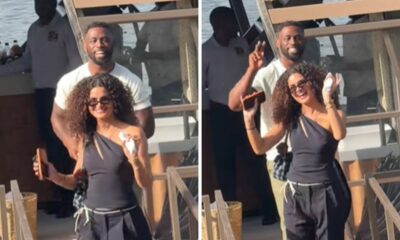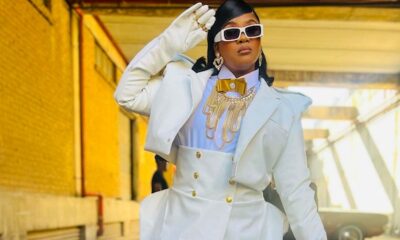Culture Craze
Enhle Mbali Sparks Outrage After Using Apartheid-Era Slur At Carlton Hair Event
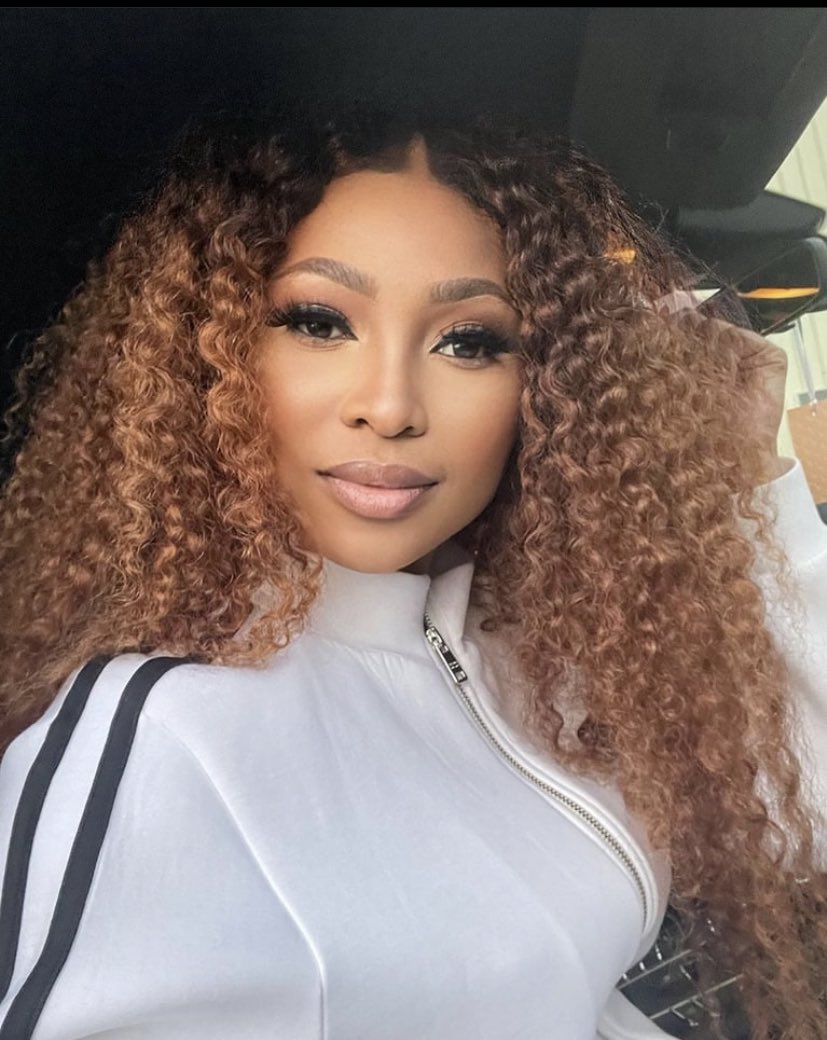
A Celebration Overshadowed
What was meant to be a landmark moment for actress and designer Enhle Mbali Mlotshwa turned sour this week. Introduced as Carlton Hair’s first-ever celebrity ambassador, she was supposed to embody a new era for the brand, one that celebrates ethnic hair textures and diversity. Instead, her remarks at the launch event in Hyde Park have left South Africans divided and offended.
The Comment That Set Off A Storm
While sharing her excitement about the partnership, Mbali referred to her own hair using an apartheid-era slur once used to demean Black people’s natural texture. She even went further, joking that it was the kind of hair one could “clean pots with.” Though some in the room laughed, the moment was captured on video and spread online within hours.
On X (formerly Twitter), user @demz_1_1 posted the clip with disbelief:
“So Enhle Mbali felt it was okay to refer to her coarse-textured hair as ‘kffir hare’ in front of white and coloured women? Yho.”*
The backlash was swift and widespread.
Public Reaction: “Absolutely Not”
Many South Africans expressed shock that such a word would be used publicly in 2025, let alone by someone positioned as a role model.
-
“The k word remains an offensive racial slur even when it is said by a black person. We cannot reclaim it into positivity,” wrote @hymnfortaiwa.
-
“This woman could have said anything else, ANYTHING else but she paused and said this?” added @Colo_Tau.
-
Another user, @snaledis, simply stated: “Absolutely not. It’s derogatory and saying it is totally unacceptable.”
For many, the comments cut deep, reopening wounds from South Africa’s painful past where words like these were weaponised to strip people of their dignity.
Why It Matters
Carlton Hair’s choice to partner with Mbali was seen as a symbolic step away from its long-held association with Eurocentric beauty standards. By embracing ethnic hair care and choosing a Black South African woman as ambassador, the brand was positioning itself as more inclusive.
Now, instead of sparking celebration, the event has drawn scrutiny. The controversy has raised uncomfortable questions about whether words tied to racial violence can ever be reclaimed and whether celebrities should be held to a higher standard when representing brands that want to promote inclusivity.
A History That Cannot Be Ignored
The word Mbali used is one of South Africa’s most loaded racial slurs, banned from broadcast and recognised as hate speech under certain laws. For older generations who lived through apartheid, hearing it spoken casually is painful. For younger South Africans, it reinforces how language still carries the weight of history.
What Happens Next
Neither Mbali nor Carlton Hair has publicly addressed the fallout yet, but pressure is mounting online for a response. In a country where hair is more than just personal style it’s tied to identity, history, and cultural pride the moment has struck a nerve.
For now, what should have been a celebration of diversity has become yet another reminder of how words, once weaponised, can continue to wound.
Source:IOL
Follow Joburg ETC on Facebook, Twitter , TikTok and Instagram
For more News in Johannesburg, visit joburgetc.com

